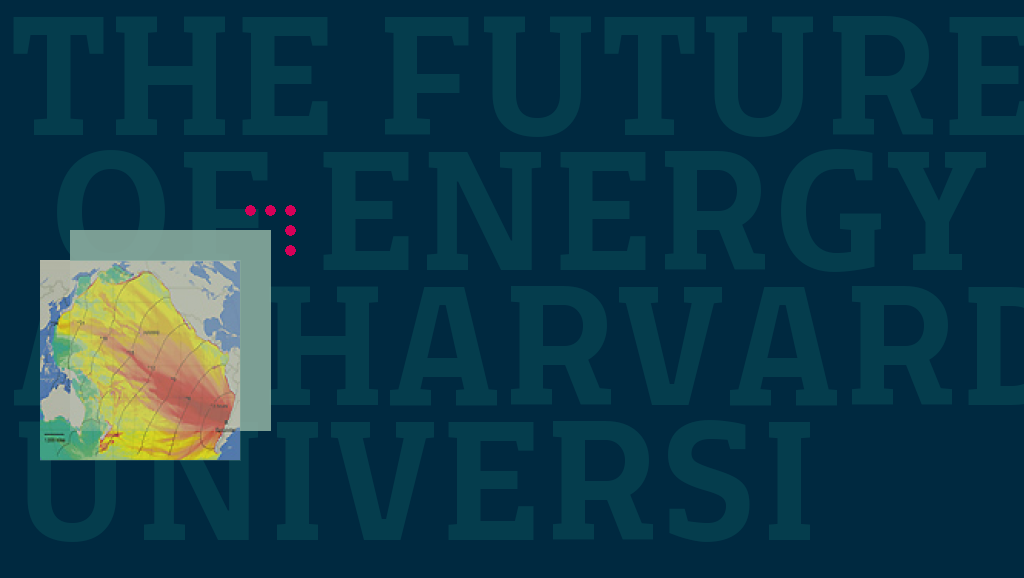On Monday I attended the first in a lecture series entitled The future of Energy at Harvard University. The series is organized by HUCE (Harvard University Center for the Environment) and involves 3 lectures between now and the end of April.
The first lecture was delivered by Alison Macfarlane, Chairperson of the Nuclear Regulation Commission and entitled “The Nuclear Regulatory Commission and the Fukushima Experience: Dynamic Regulation in Dynamic Times”.
Much of the introduction was dedicated to describing the work of the commission, a governmental body whose members are nominated by the President himself. The commission’s aim is to regulate the safe operation of nuclear reactors, fuel and all the associated logistics. Interestingly enough Macfarlaine is a trained geologist and does not a background in physics, and she noted that neither do the other members of the commission.
This fact seems to point to a movement away from the technical to the spacial management of risk and the unknown inherent in operating a plant of this type. She spoke for example about the problem of prediction (earthquakes and other geological factors) due to the fact that our knowledge of history is extremely limited.
She went into great detail about the Fukushima accident as well as explaining how the 2004 Indian Ocean Tsunami had changed understanding of the magnitude of earthquakes that certain geological formations can trigger. She stated that until these events we did not know that these types of subduction zones could cause an event of this gravity, leading to a re-thinking of security issues surrounding the placing of some of the US nuclear reactors.
Several reactors are currently undergoing upgrades to take this new information into account. Here Macfarlaine touched upon the need for fast moving regulation that is capable of acting upon new information and putting new systems into place, rather reflecting Rene’ Von Schomberg’s views as outlined in his paper reviewed in this article.
Many questions from the floor addressed the problems of risk and the unknown, and Mcfarlaine spoke at length about how to prepare for unknown unknowns. The argument seems to be that as we are dealing with unknowns that we cannot mitigate against (being unknown) we must do everything possible to have systems in place to minimize damage after one of these events. She talked about lessons learned from Fukushima about the placing of generators and cabling, radio installation and having documentation readily available for the technicians, as well as mandatory water level indicators in the fuel rod storage tanks.
The next lecture takes place on April 17th and will be “Our Shared Destinies Within the Planet’s Boundaries” delivered by Sir David King, Director of the Smith School of Enterprise and the Environment at the University of Oxford.
HUCE also has a Geoengineering lecture series underway, with an event taking place on April 2nd, delivered by Steve Rayner of InSIS. Details are available here.
—————–
(Image: Red Energy: Tsunami from Flickr)
















